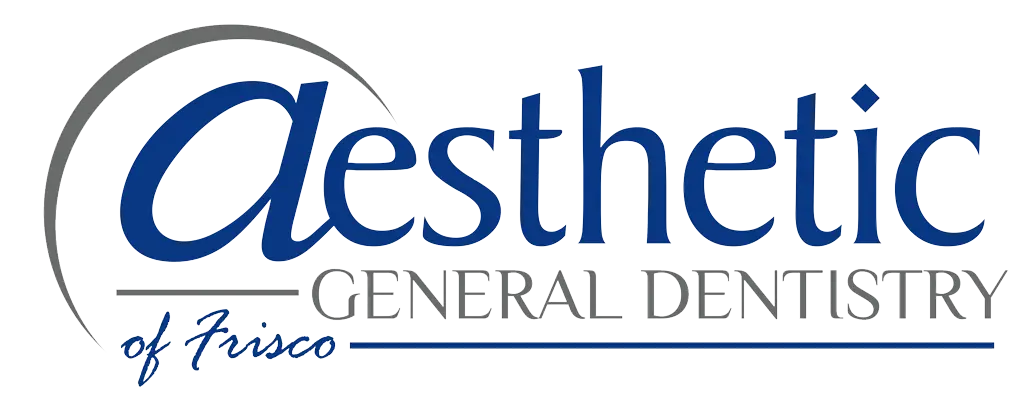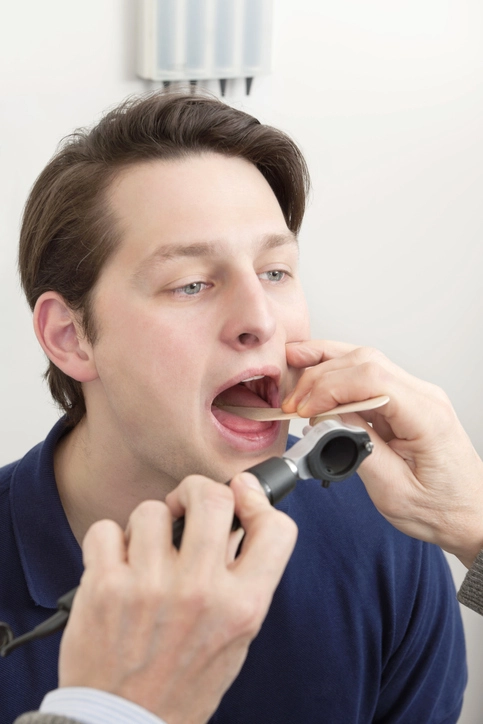Xerostomia, or dry mouth, occurs when the salivary glands don’t produce enough saliva. This can lead to complications like difficulty swallowing and speaking and an increased risk of tooth decay and gum disease. A professional dentist can diagnose the causes, including medications, radiation therapy, or conditions like diabetes, and create a customized treatment strategy to control symptoms.
Managing dry mouth involves stimulating saliva production and maintaining oral health through saliva substitutes, special mouth rinses, or medications. Good oral hygiene, staying hydrated, and avoiding tobacco and alcohol can help alleviate symptoms. Regular dental check-ups are crucial to monitor the condition and prevent complications, improving patients’ quality of life despite xerostomia.
What are the main causes of xerostomia?
Xerostomia, or dry mouth, can be caused by various factors. Here are the main causes:
- Medications: Many prescription and over-the-counter medications can cause dry mouth as a side effect. These include antihistamines, decongestants, pain medications, diuretics, depression, anxiety, and hypertension medications.
- Medical Treatments: Treatments such as radiation therapy head and neck injuries harm salivary glands, reducing saliva production. Chemotherapy drugs can also alter the composition and flow of saliva.
- Systemic Diseases: Certain diseases and conditions can lead to dry mouth, including diabetes, Sjögren’s syndrome, HIV/AIDS, Alzheimer’s disease, and Parkinson’s disease.
- Dehydration: Inadequate fluid intake, excessive sweating, fever, vomiting, diarrhea, blood loss, and burns can lead to dehydration, causing dry mouth.
- Nerve Damage: Head and neck nerve damage from injury or surgery can cause dry mouth and impaired salivation.
- Lifestyle Factors: Smoking or chewing tobacco and alcohol consumption can affect saliva production, leading to dry mouth. Breathing through the mouth, especially while sleeping, can also contribute to the condition.
Understanding the underlying cause of xerostomia is essential for effective treatment and management.
How can a dentist help manage dry mouth effectively?
A dentist can play a crucial role in managing dry mouth (xerostomia) effectively through various strategies and treatments:
- Diagnosis and Evaluation: A dentist can diagnose the underlying cause of dry mouth by reviewing the patient’s medical history, medications, and symptoms. Effective management requires root cause identification.
- Saliva Substitutes and Stimulants: Dentists can recommend or prescribe saliva substitutes, over-the-counter products that mimic natural saliva. They may also prescribe medications stimulating saliva production, such as pilocarpine or cevimeline.
- Special Mouth Rinses: Using mouth rinses specifically designed for dry mouth can help maintain moisture and promote oral health. These rinses often contain ingredients that enhance lubrication and provide relief from dryness.
- Oral Hygiene Recommendations: Dentists can guide on maintaining good oral hygiene practices to prevent complications dry mouth causes tooth decay and gum disease. This includes using fluoride toothpaste, regular brushing and flossing, and avoiding sugary or acidic foods and drinks.
- Diet and Hydration Advice: Dentists can advise patients to remain hydrated by drinking enough throughout the day. They may also suggest dietary changes, such as avoiding alcohol, caffeine, and tobacco, which can exacerbate dry mouth.
- Regular Dental Check-Ups: Frequent dental visits allow the dentist to monitor the patient’s condition, discover oral health issues early and intervene. Regular checkups are necessary for dental health in patients with xerostomia.
- Protective Treatments: Dentists can apply fluoride treatments or prescribe fluoride gels to help protect teeth from decay. They may also recommend using a humidifier at night to keep the air moist, reducing dry mouth symptoms.
- Education and Support: Educating patients about managing dry mouth and providing ongoing support can empower them to take proactive steps in their daily routines.
By employing these strategies, a dentist can effectively manage dry mouth, alleviate symptoms, and improve the patient’s oral health and quality of life.
What are the common symptoms of xerostomia?
Common symptoms of xerostomia (dry mouth) include:
- Dryness in the Mouth: A persistent feeling of dryness or stickiness in the mouth.
- Thick or Stringy Saliva: Saliva may become thicker and stringier than usual.
- Bad Breath: Chronic bad breath (halitosis) is a frequent symptom due to reduced saliva flow.
- Difficulty Chewing and Swallowing: Trouble eating, chewing, and swallowing, particularly dry or crumbly foods.
- Altered Taste: Changes in taste perception with different or less flavorful foods.
- Sore Throat and Hoarseness: Dryness can lead to a sore throat and a hoarse voice.
- Dry or Cracked Lips: Lips may become dry, cracked, or chapped.
- Dry Tongue: The tongue can feel rough and dry and may have fissures or a burning sensation.
- Increased Thirst: A constant need to sip water or other fluids.
- Oral Sores: Increased occurrence of sores or infections in the mouth, such as oral thrush.
- Dental Issues: Higher risk of tooth decay, gum disease, and plaque buildup due to lack of saliva’s protective effects.
- Sticky Feeling in the Mouth: A sticky or gummy sensation inside the mouth.
- Difficulty Wearing Dentures: Ill-fitting or uncomfortable dentures due to lack of natural lubrication.
Recognizing these symptoms can help seek timely dental care and management for xerostomia.
Are there any long-term complications of untreated dry mouth?
Untreated dry mouth (xerostomia) can lead to several long-term complications, significantly affecting oral health and overall well-being. Here are some potential complications:
- Tooth Decay: Saliva plays a crucial role in neutralizing acids produced by bacteria in the mouth and washing away food particles. Without sufficient saliva, the risk of cavities and tooth decay increases significantly.
- Gum Disease: Dry mouth can contribute to progression of gingivitis and periodontitis (severe gum disease). Lack of saliva allows plaque and tartar to build up more easily, leading to gum infections.
- Mouth Infections: Saliva has antimicrobial properties that help control bacterial and fungal populations in the mouth. Without adequate saliva, oral infections such as thrush (oral candidiasis) increase the risk.
- Difficulty Eating and Swallowing: Chronic dry mouth can make chewing and swallowing food difficult, leading to nutritional deficiencies and weight loss. This can be difficult for the elderly or disabled other health conditions.
- Bad Breath: Persistent bad breath (halitosis) is a common consequence of dry mouth caused by the buildup of bacteria and food particles.
- Mouth Sores and Ulcers: Dry mouth can make the tissues in the mouth more susceptible to irritation and injury, leading to sores, ulcers, and a burning sensation.
- Cracked Lips and Mouth Corners: Chronic dryness can cause the lips and corners of the mouth to become dry, cracked, and painful.
- Altered Taste: Xerostomia can affect the sense of taste, making foods taste different or less flavorful. This can reduce appetite and enjoyment of meals.
- Denture Problems: A dry mouth can make it difficult to keep dentures in place, leading to discomfort and sores for those who wear them.
- Increased Thirst: Chronic dry mouth can lead to an ongoing feeling of thirst, which drinking fluids might not fully relieve.
- Speech Difficulties: Dry mouth can affect speech, making it difficult to pronounce words clearly due to lack of lubrication.
Managing dry mouth effectively with the help of a dentist can prevent these complications and improve quality of life. Regular dental check-ups, good oral hygiene, and appropriate treatments are essential for maintaining oral health in individuals with xerostomia.
Get Professional Help for Dry Mouth!
Get professional help for dry mouth at Aesthetic General Dentistry of Frisco. Our expert team is dedicated to diagnosing and managing xerostomia effectively, addressing the root causes to provide lasting relief. We offer personalized treatment plans, including saliva substitutes, special mouth rinses, and medications to stimulate saliva production.
Our comprehensive approach ensures your oral health is maintained, preventing complications such as tooth decay and gum disease. Don’t let dry mouth affect your quality of life.
Visit Aesthetic General Dentistry of Frisco today for compassionate care and effective solutions. Schedule your consultation now and reclaim your comfort and confidence!

